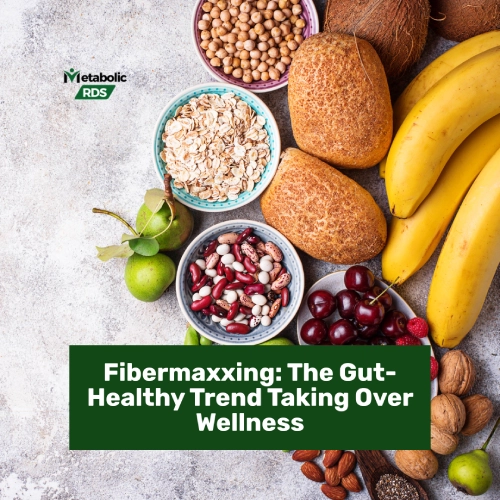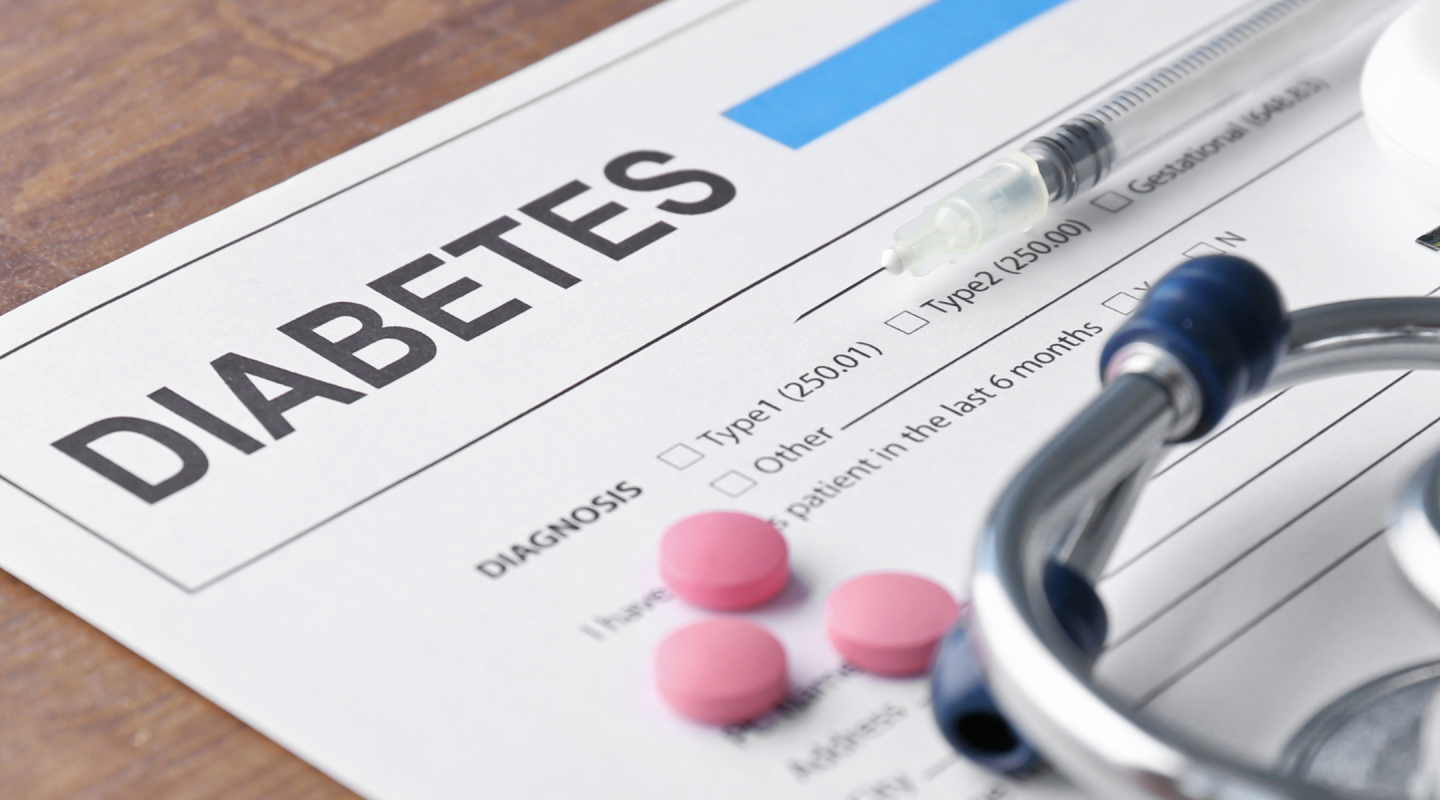By clicking “Accept All Cookies”, you agree to the storing of cookies on your device to enhance site navigation, analyze site usage, and assist in our marketing efforts. View our Privacy Policy for more information.
Fueling for Performance [Runner Edition]
Pre-Run Power-Up: Timing is Everything For an energy-packed run, aim to consume a balanced meal containing carbs, protein, and fat 3-4 hours before your exercise.
By
March 11, 2024
![Fueling for Performance [Runner Edition]](https://cdn.prod.website-files.com/67bcc73b6f98810a90b7dc95/67caf9d811f118840147d86b_dark-tips-for-beginners-running-sport-pinterest-pin.webp)
As an athlete, proper nutrition, and hydration before, during, and after exercise are critical to getting the most out of your training and on race day.
🏃♂️✨ Optimizing Your Run: A Nutrition Guide for Peak Performance ✨🍎
Calling all Runners! 🏃♀️ Whether you're a seasoned marathoner or gearing up for your first 5K, fueling your body right is the key to conquering the track. Let's break down the essentials of nutrition for runners and unlock the potential of your performance! 💪🌟
Macronutrients: The Power Trio
Before lacing up those running shoes, let's talk macros – the powerhouse nutrients your body craves for optimal function and energy.
- Carbohydrates 🌽:
- Instant Energy Boost: Your go-to fuel for high-intensity runs.
- Storage Magic: Transforms into glycogen, a vital energy source for endurance.
- Sustained Fullness: Fiber-rich carbs keep you satisfied between meals.
- Bowel Harmony: Promotes regular and happy digestive vibes.
- General Fitness: 3.0-5.0g/kg body weight/day.
- Moderate Training: 5.0-8.0g/kg body weight/day.
- High-Volume Training: 8.0-10.0g/kg body weight/day.
- Protein 🍗:
- Muscle Marvel: Essential for muscle repair and growth.
- Amino Army: Amino acids from proteins build and repair muscles.
- 1.4-2.0g protein/kg body weight/day.
- Higher protein intake (up to 3.0g/kg) for strength athletes.
- Fat 🥑:
- Energy Reservoir: Stored fat kicks in when glucose runs low.
- Cell Support: Integral for cell membrane formation and vitamin absorption.
- Around 30% of daily calories from fat.
- May drop to 20% for those focusing on reducing body fat.
Pre-Run Power-Up: Timing is Everything
For an energy-packed run, aim to consume a balanced meal containing carbs, protein, and fat 3-4 hours before your exercise. Examples include a chicken sandwich, egg burrito, or grilled fish with brown rice.
For a quick pre-run snack 30-60 minutes before, consider options like cereal with milk, a banana with yogurt, or a fruit smoothie.
Mid-Run Sustenance: Fuel on the Fly
For runs longer than an hour, refuel with 30-60g of carbohydrates per hour. Opt for easily digestible options like sports drinks, energy gels, or a maltodextrin powder mixed with water.
Post-Run Recovery: Replenish and Repair
Within 30 minutes post-run, indulge in a high-carb, protein-packed meal. Think grilled chicken with rice, salmon with sweet potato, or cottage cheese with fruit. Quick snacks like pita bread and hummus or tuna and crackers are also excellent choices.
Hydration Heroics: Drink Up for Peak Performance
Dehydration is the nemesis of performance. Drink enough fluids to maintain body weight and stay hydrated during exercise. Consume 12-16 ounces of water every 5-15 minutes during your run.
Remember, thirst isn't a reliable indicator during exercise. Pre-hydrate, and aim to drink 3 cups of water for every pound lost post-exercise.
Closing Lap: Maximize Your Run with Smart Nutrition
Whether you're sprinting or pacing yourself for the long haul, your nutrition game can be the game-changer. For personalized race nutrition plans, let's chat! Book an appointment with me, your expert Nutritionist, and let's optimize your running journey. 🏁🌿
Let's hit the track with power and purpose! 🚀💚
Work with Us
To register for the Facebook Group
Online Programs, Packages & Courses

References
- Slavin J, Carlson J. 2014. Carbohydrates. Advances in Nutrition, 5(6):760-1. doi: 10.3945/an.114.006163.
- Kanter M. 2018. High-Quality Carbohydrates and Physical Performance: Expert Panel Report. Nutrition Today, 53(1):35-39. doi: 10.1097/NT.0000000000000238.
- Kerksick, C.M., Wilborn, C.D., Roberts, M.D. et al. 2018. ISSN exercise & sports nutrition review update: research & recommendations. Journal of the International Society for Sports Nutrition, 15, 38. https://doi.org/10.1186/s12970-018-0242-y
- Watford M, Wu G. 2018. Protein. Advances in Nutrition, 9(5):651-653. doi: 10.1093/advances/nmy027.
- Jäger, R., Kerksick, C.M., Campbell, B.I. et al. 2017. International Society of Sports Nutrition Position Stand: protein and exercise. Journal of the International Society for Sports Nutrition, 14(20). https://doi.org/10.1186/s12970-017-0177-8
- Ahmed S, Shah P, Ahmed O. Biochemistry, Lipids. [Updated 2022 May 8]. In: StatPearls [Internet]. Treasure Island (FL): StatPearls Publishing; 2023 Jan-. Available from: https://www.ncbi.nlm.nih.gov/books/NBK525952/
- Kloby Nielsen LL, Tandrup Lambert MN, Jeppesen PB. 2020. The Effect of Ingesting Carbohydrate and Proteins on Athletic Performance: A Systematic Review and Meta-Analysis of Randomized Controlled Trials. Nutrients, 12(5):1483. doi: 10.3390/nu12051483.
- Harvard T.H. Chan School of Public Health. (n.d.). Water. Retrieved May 12, 2023, from https://www.hsph.harvard.edu/nutritionsource/water/#:~:text=General%20recommendations,exposed%20to%20very%20warm%20climates.





